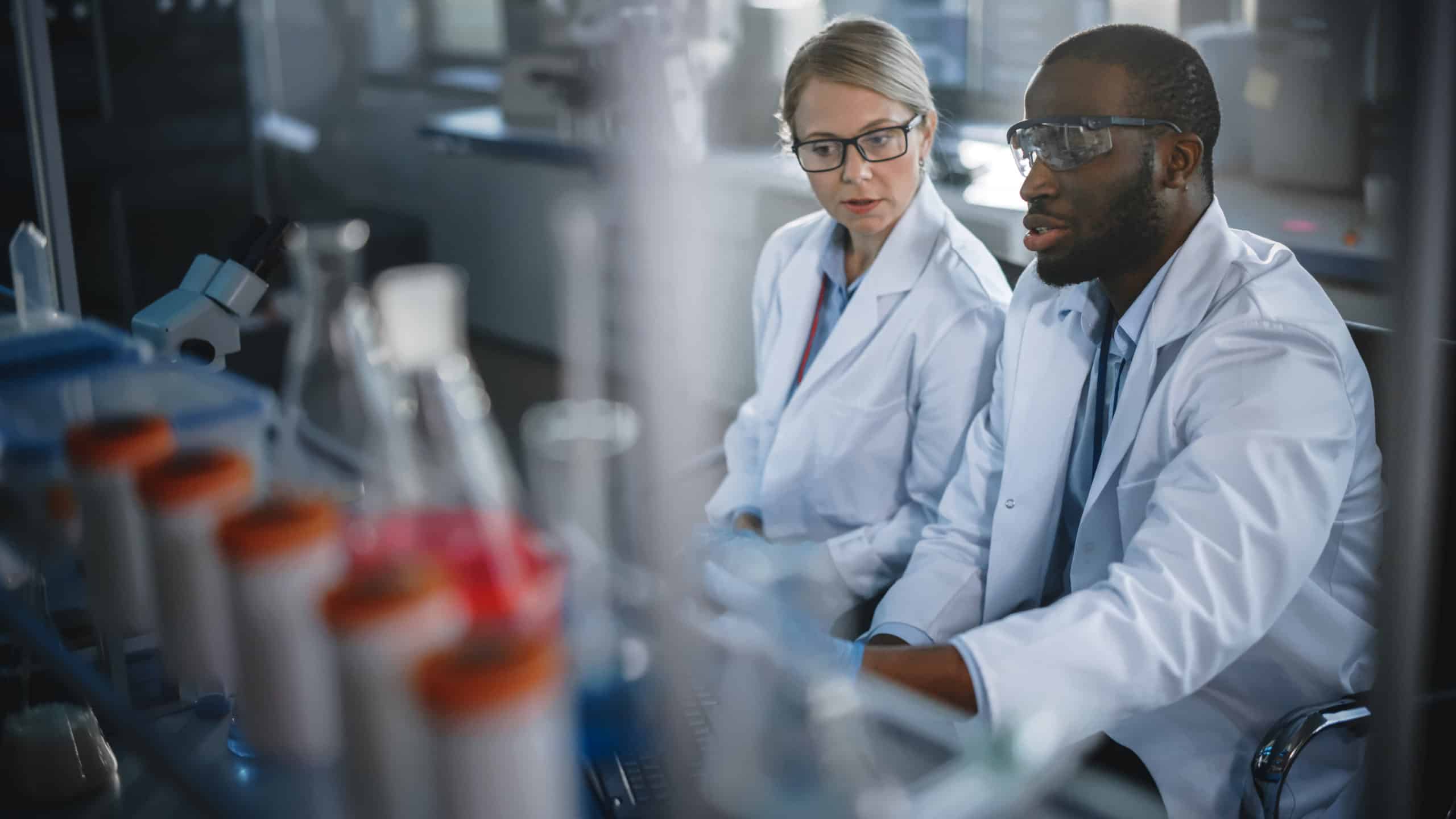Clinical trials are important for collecting data to ensure whether new drugs or devices are safe and efficacious. Individuals who participate in these trials are essential to the ultimate success of those new products and help them to reach the consumer market.
Testing can take as long as several years. In addition to people taking part in clinical trials, there may be animal testing as well. Once a drug or device has been determined as safe and effective, the researchers send the data to the Food and Drug Administration or FDA. There are different phases during the testing as well.
Human Clinical Trial Phases
The different phases of clinical trials occur as follows:
• Phase I: In Phase I, the safety of a drug or device is assessed. This is the initial phase of testing and typically takes several months to complete. A small number of healthy volunteers are included, usually 20 to 100, and they are paid for their participation. The effects of the drug or device are measured and around 70 percent of drugs tested pass this phase.
• Phase II: Phase II studies the efficacy of a drug or device and can last a few months up to two years. Hundreds of participants are involved in this part of the study. Some people receive the actual drug while others get a placebo so the effects can be studied and compared. Around a third of drugs being tested pass the first and second phase.
• Phase III: Blind, randomized testing with hundreds to thousands of participants is done during phase III. It can take several years and gives the FDA and the pharmaceutical company an even deeper understanding of the drug or device’s effectiveness, benefits, and potential adverse reactions. Around 70 to 90 percent of drugs that make it to this phase are successful. The pharmaceutical company can also then request approval from the FDA so the drug can go on the market.
• Phase IV: This phase happens after the drug or device is approved for sale. It can result in the drug or device being taken off the market or restrictions being placed on it.
Why Participate in a Clinical Trial?
Often, people who participate in a clinical trial do so for specific reasons. They may have a medical condition and want to try a treatment that may work while others didn’t. Others may want to be socially responsible in advancing new drugs or for the sake of science.
How Does a Trial Work?
During a trial, participants get treatments while under the supervision of a doctor or research professionals. A group of qualified doctors known as investigators conducts the trials to find the benefits of the drug or device being studied.
Who Can Participate?
There are guidelines determining who can participate in any given clinical trial. Prior to joining, a person has to qualify for the study. Certain factors allow people to participate are known as inclusion criteria, which includes age, gender, type of condition and its stage, prior treatments, and other medical conditions.
Certain studies want participants who have a specific condition and others seek healthy participants.
Schedule a Consultation
If you’re in Florida and are interested in participating in a clinical trial, contact Altus Research for a consultation.

